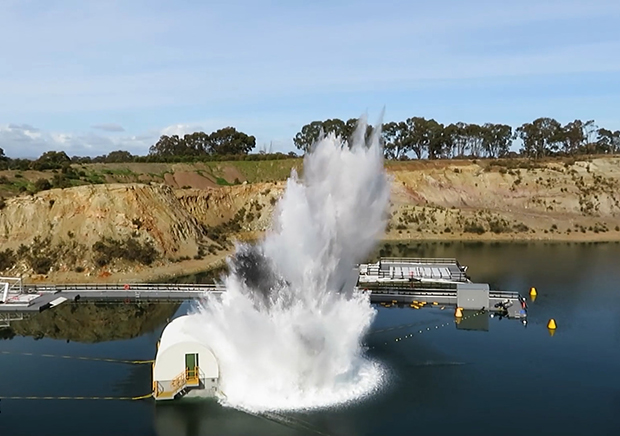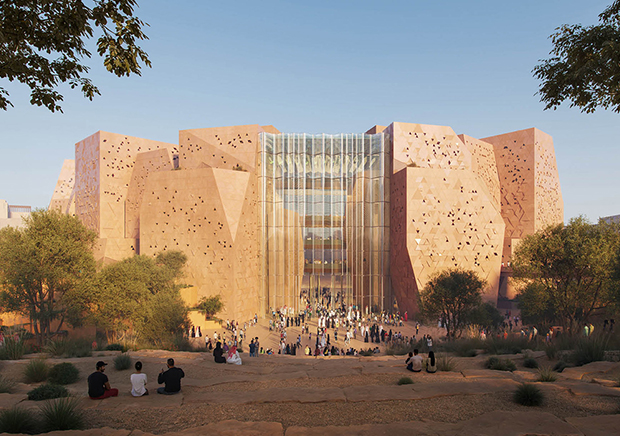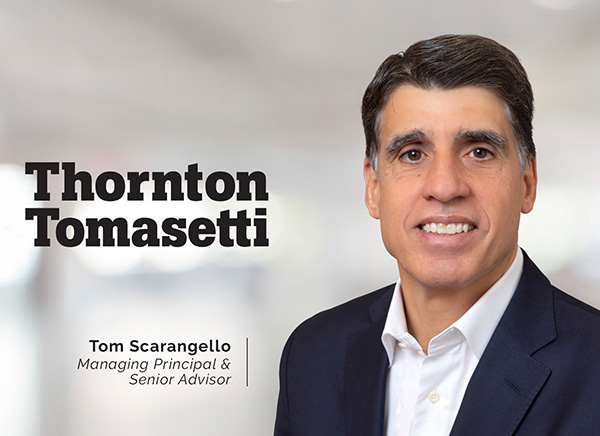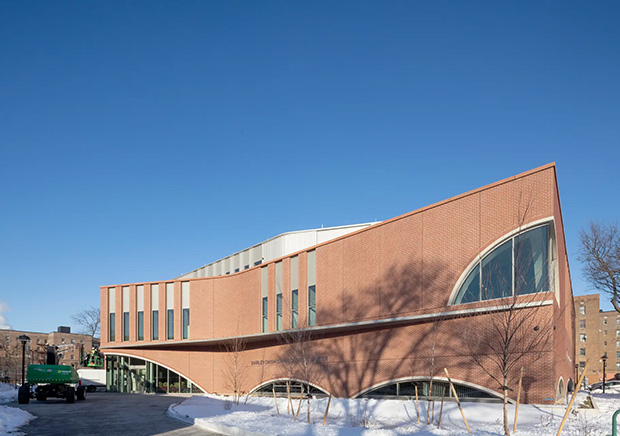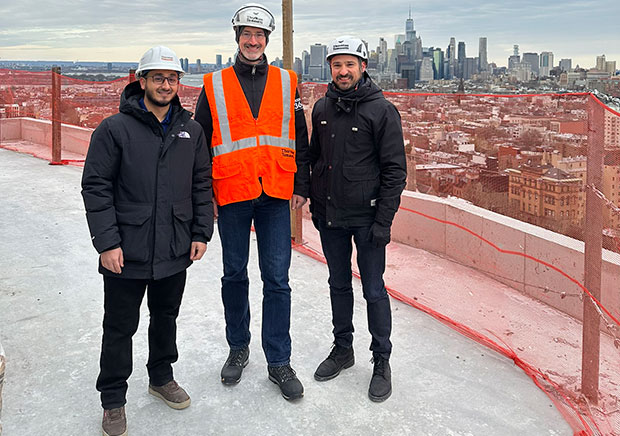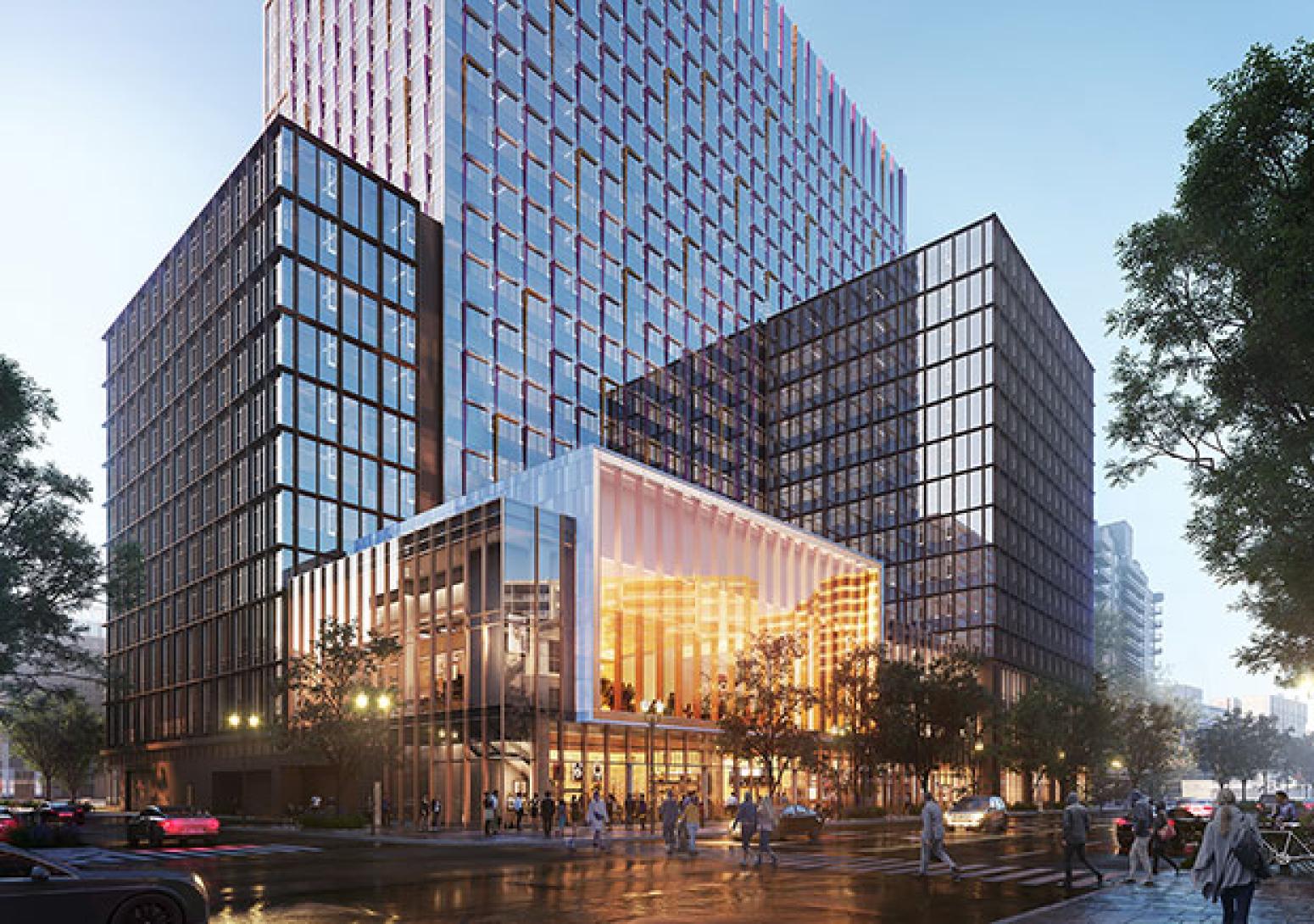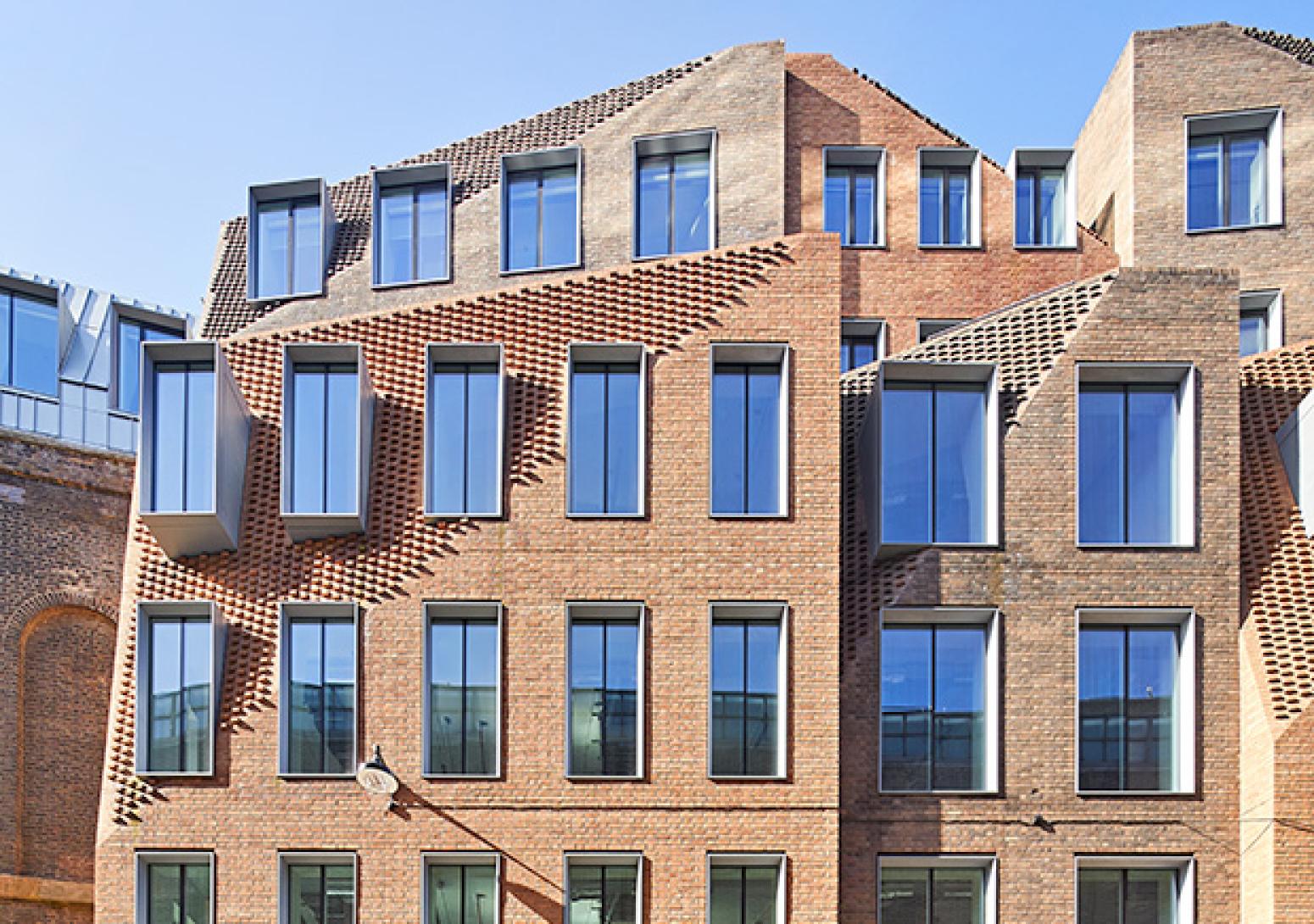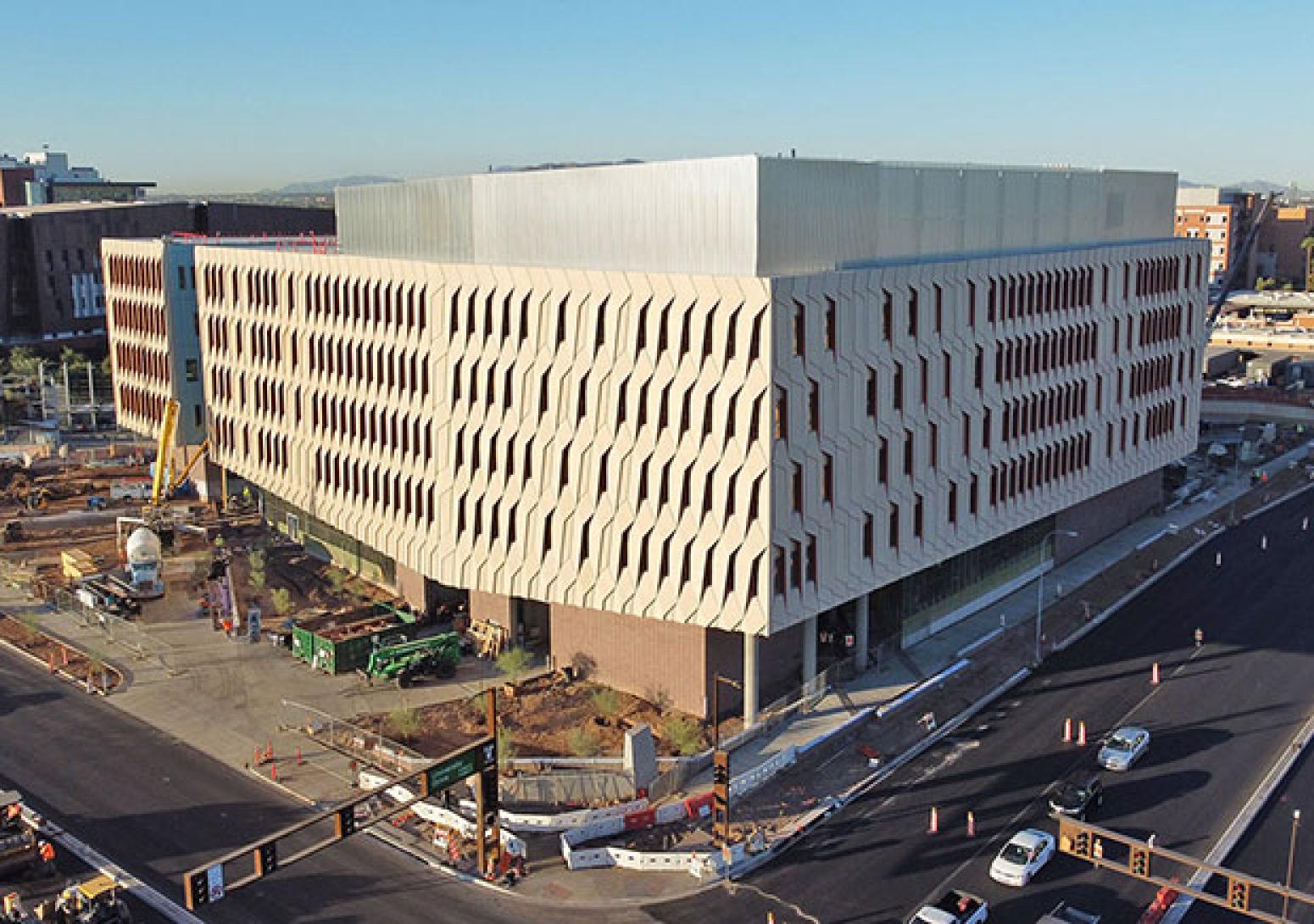
LECCLA (S287) Low Carbon Law In New Jersey
The first US regulation to incentivize businesses to use low carbon concrete materials on state projects. Here's how we can help.
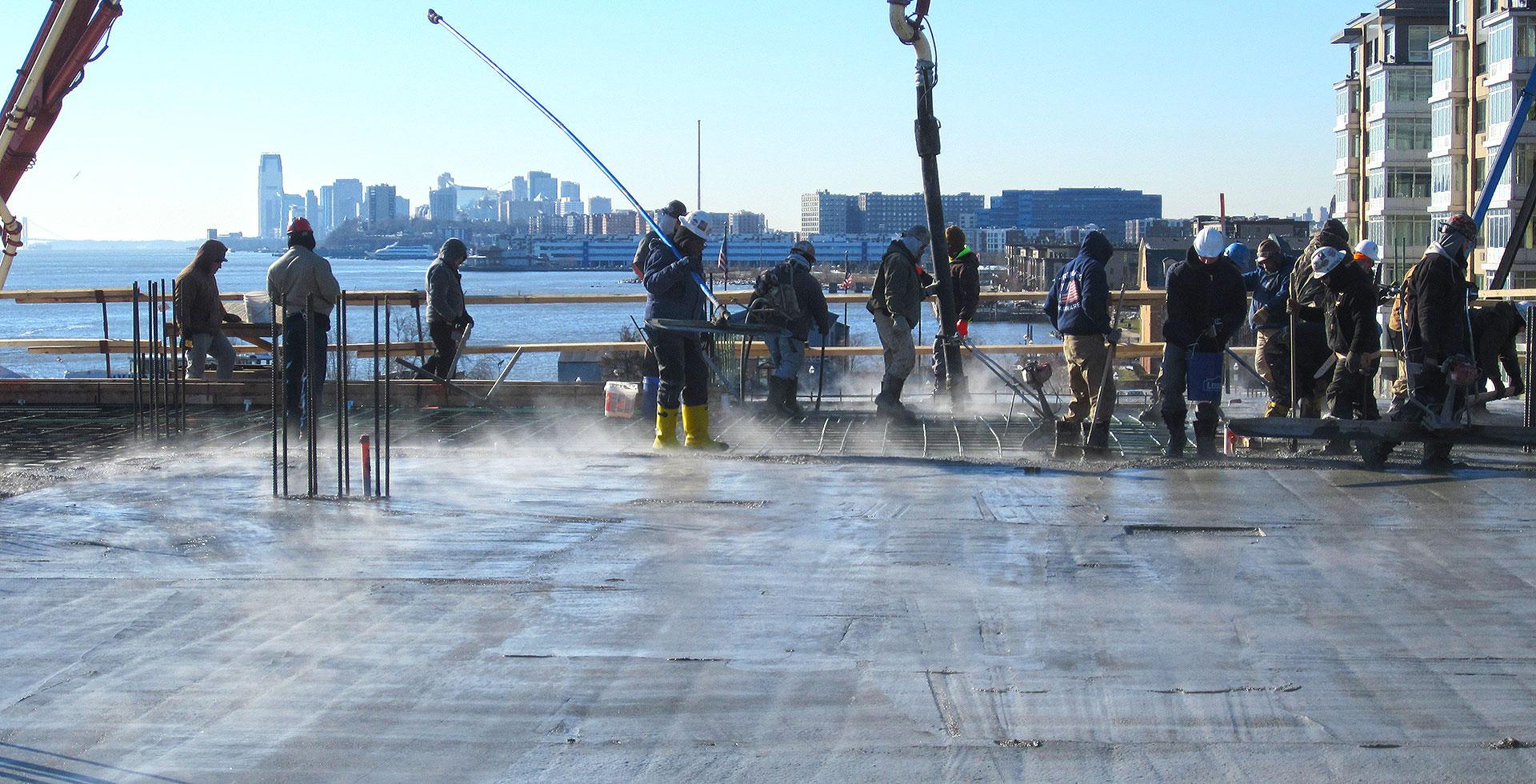
What does the law require?
Beginning in 2024, the New Jersey Low Embodied Carbon Concrete Leadership Act (LECCLA) (S-287) will offer tax incentives to concrete producers who provide mixes with a reduced carbon footprint on state-funded projects.
Under the law, concrete mixes with Global Warming Units (GWUs) below a threshold established by the NJ Department of Environmental Protection are eligible for tax credits amounting to 8% of the cost of the contract.
The law enables concrete producers to couple established and innovative technologies to reduce the embodied carbon in concrete production, including the following:
- Improvement of energy efficiency at the production stage of cement and concrete
- Reduction of cement content via the use of supplementary cementitious materials (SCMs)
- Use of carbon capture utilization and storage (CCUS)
It’s bills like these that prove that the steps we take to combat climate change can – and will – stimulate economic activity and growth in the industries that remain key to our climate solution. This legislation will further support the construction of greener, cleaner buildings and roadways in New Jersey."
Key Capabilities
Related Solutions
Deep Embodied Carbon Experience
Knowing that 50-70% of a building's embodied carbon comes from the structure, Thornton Tomasetti has leveraged in-house structural optimization technologies while partnering with contractors and concrete suppliers on dozens of building projects to meet embodied carbon reduction goals. Our internal research has allowed us to understand where to find the biggest contributors to embodied carbon on projects and how to most effectively set project-specific benchmarks.
See how we aspire to be one of the most sustainable AEC firms
We work closely with concrete suppliers to establish concrete specifications that set performance targets for concrete mix designs utilizing various embodied carbon reduction strategies. Our specifications allow for cement replacement with SCMs, giving the supplier the flexibility to use either established recycled materials, such as fly ash and slag, or more contemporary alternatives, such as glass pozzolan powders. Our engineers also promote innovation in concrete mix designs, having successfully used CCUS carbon sequestration technologies such as carbon gas injection.



